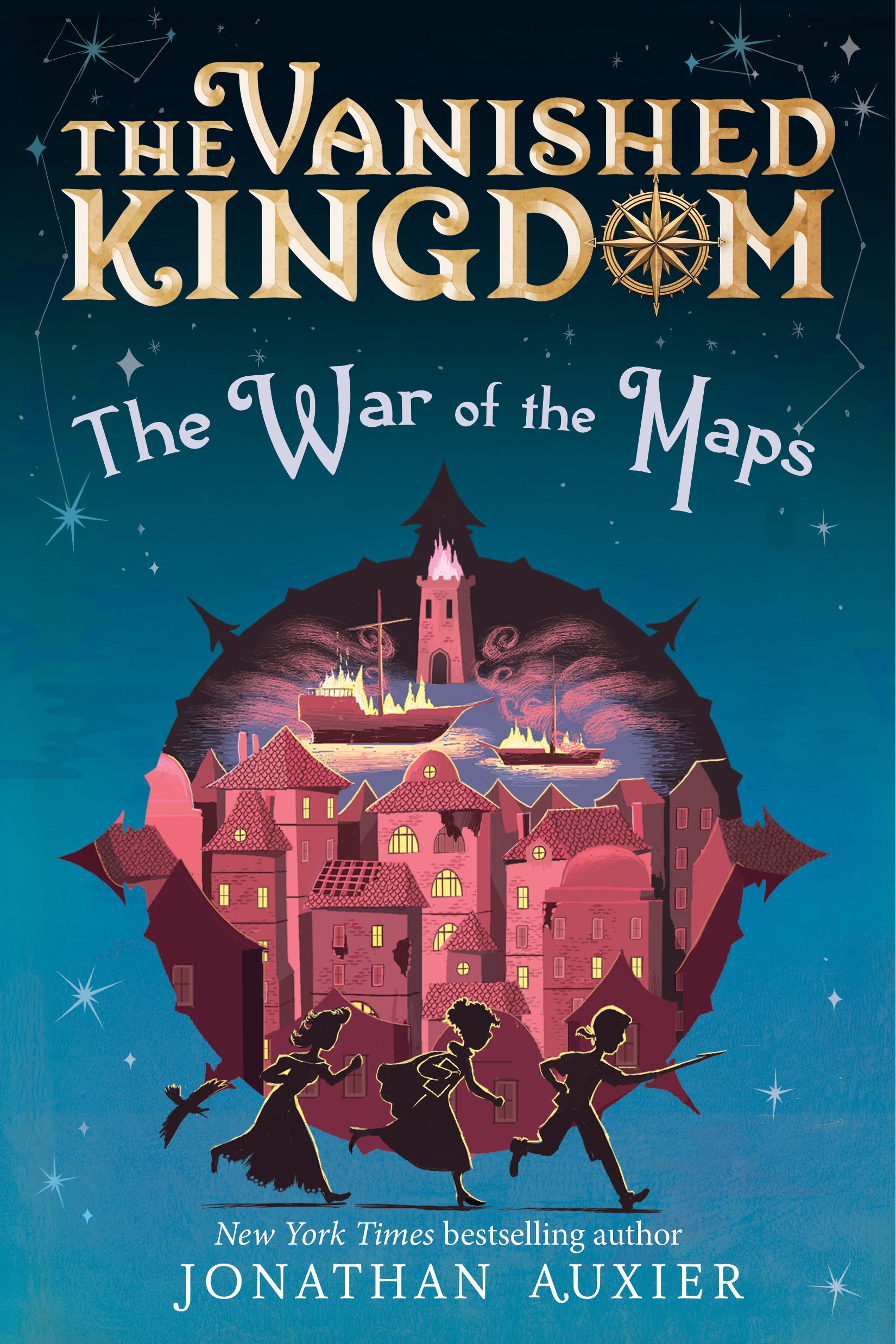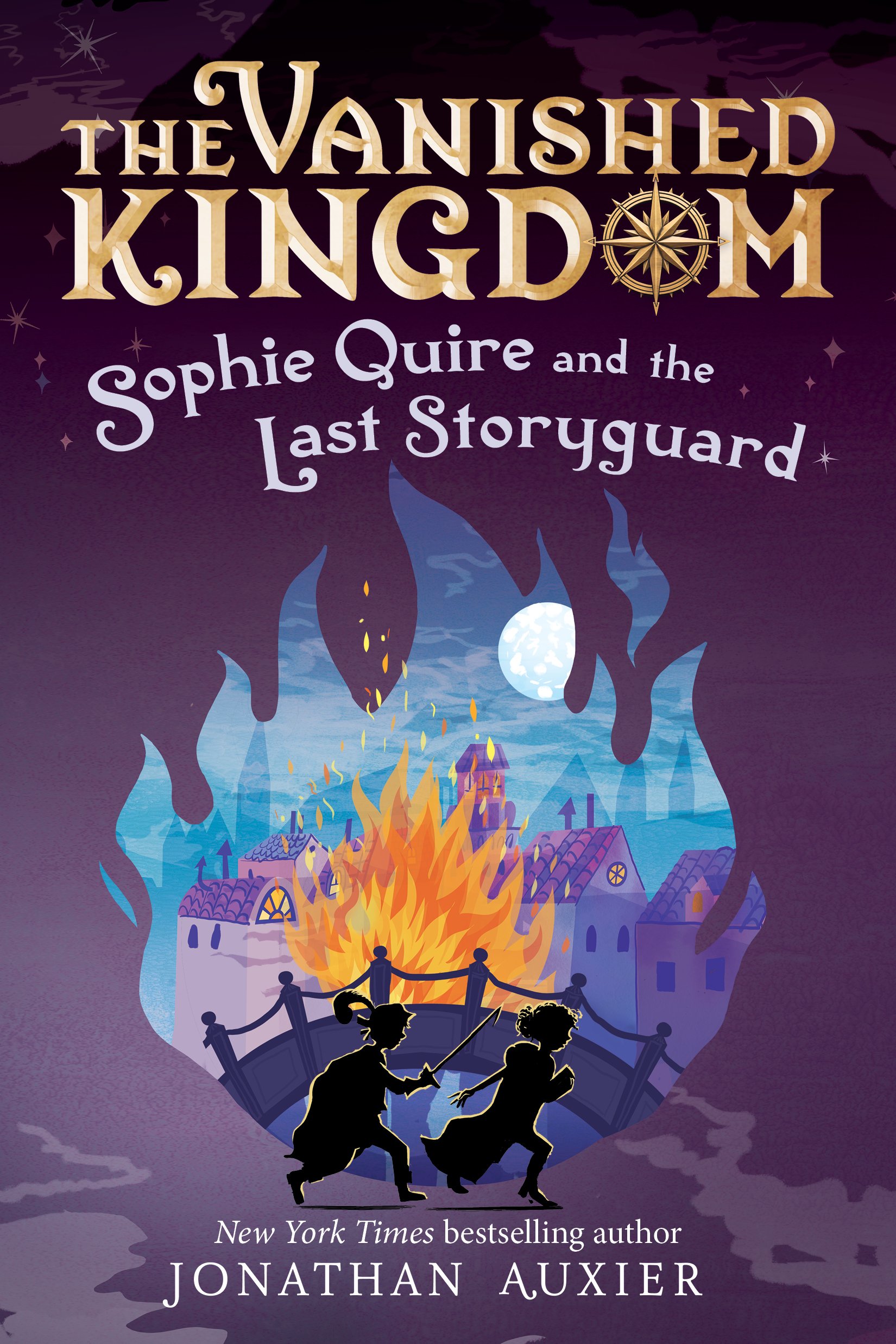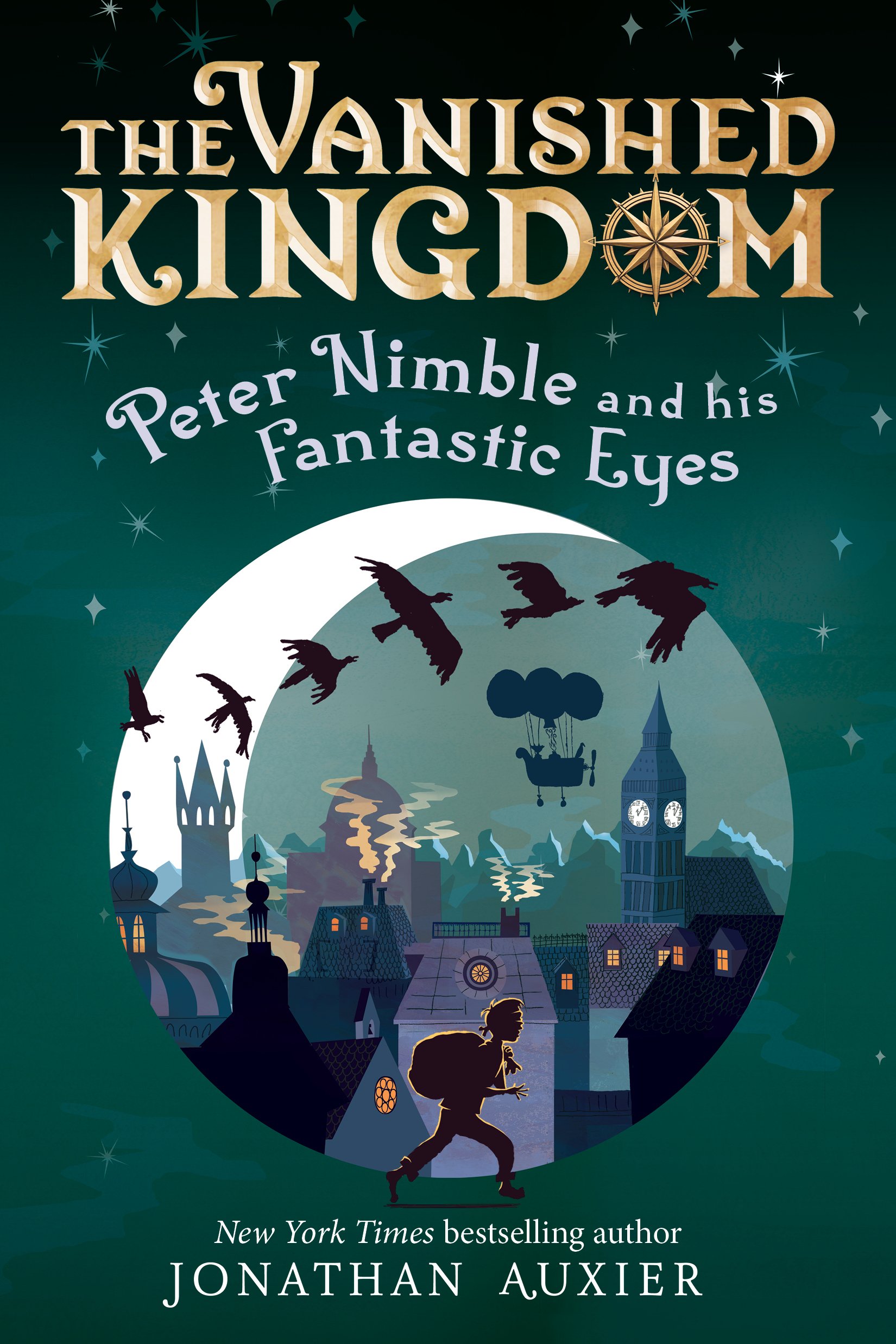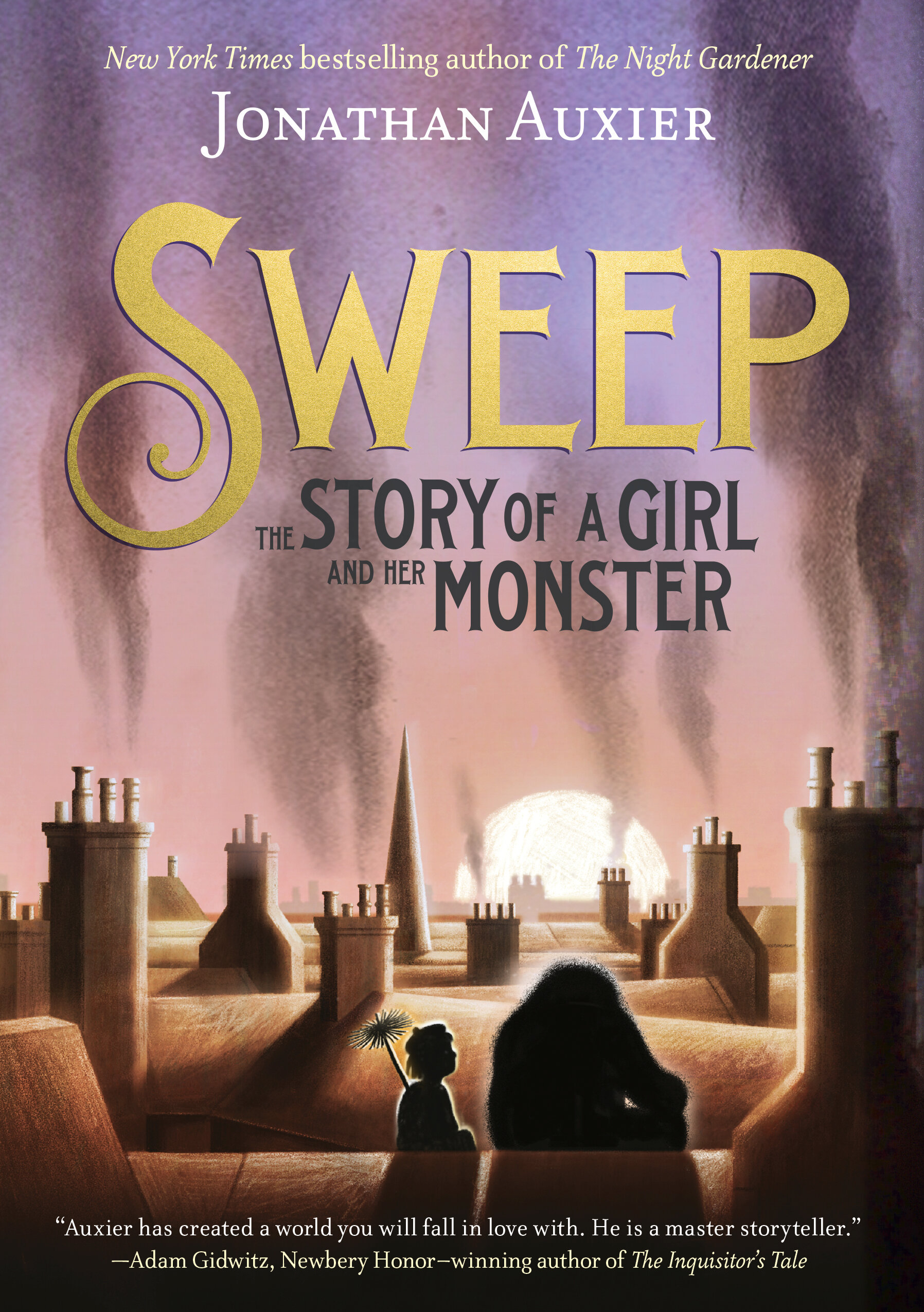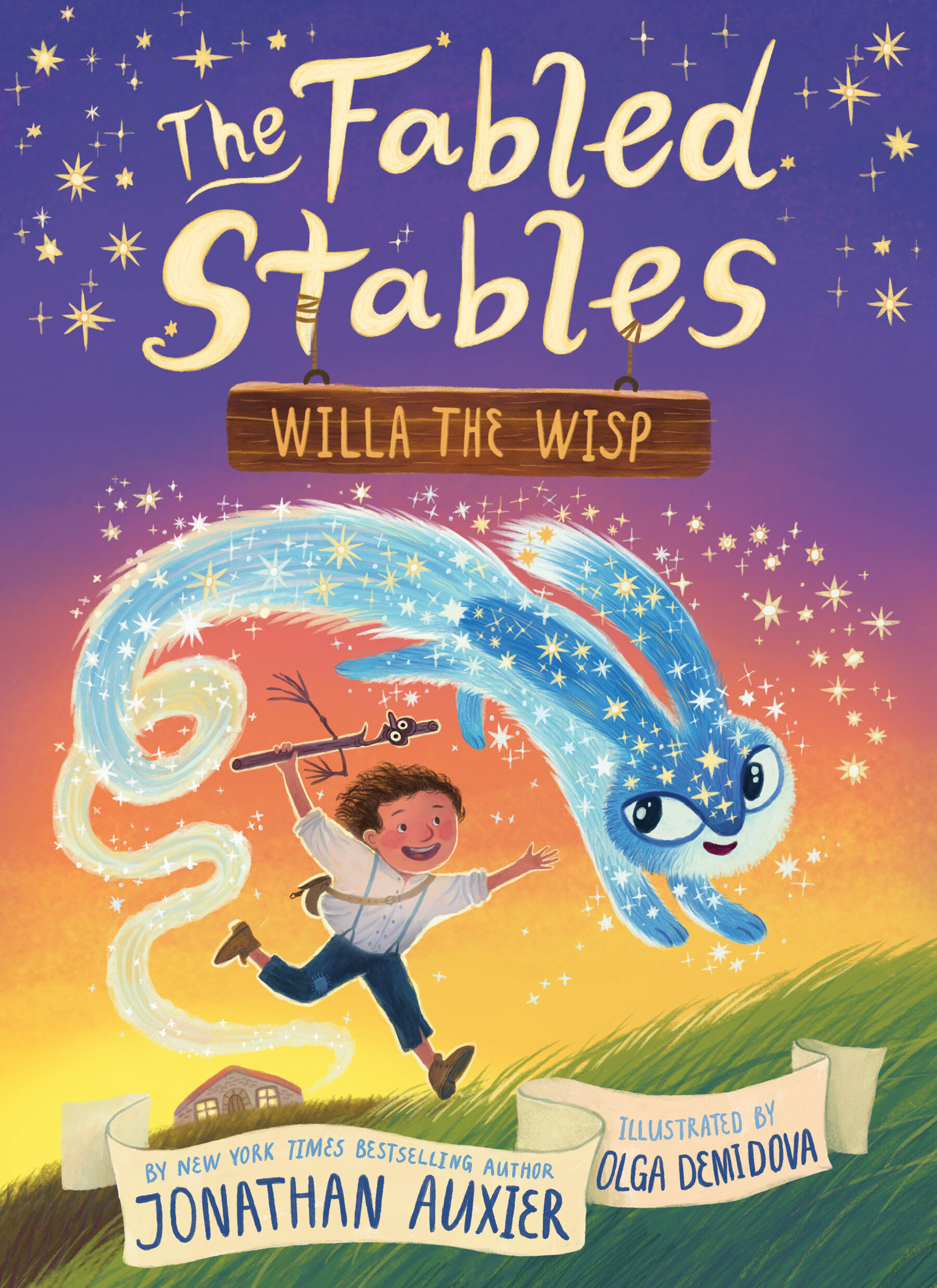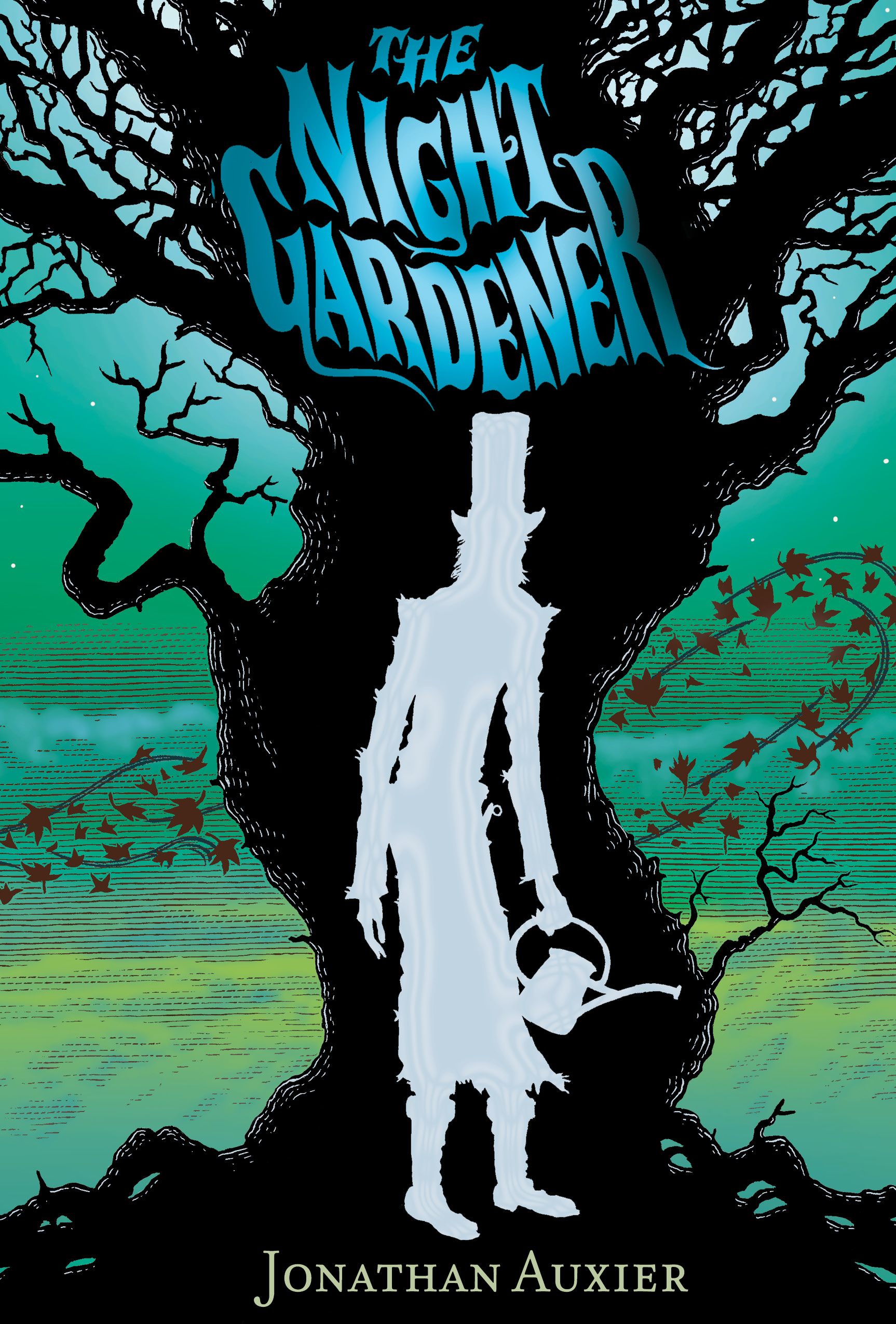MFA Writing Programs: Lego vs. Construx
/ Anyone who knows me knows that I'm not a big fan of Lego[1. 1. I am aware that this is heresy; feel free to leave hate mail in the comments section]. Even as a child, I was not shy about my dislike for those rigid little bricks. My problem was that Lego was too detail-oriented. The work was painstaking and the rewards small: put together a bunch of rectangles to get ... a bigger rectangle. Sure, some people can do incredible things, but who has that kind of time when they're eight years old?
Anyone who knows me knows that I'm not a big fan of Lego[1. 1. I am aware that this is heresy; feel free to leave hate mail in the comments section]. Even as a child, I was not shy about my dislike for those rigid little bricks. My problem was that Lego was too detail-oriented. The work was painstaking and the rewards small: put together a bunch of rectangles to get ... a bigger rectangle. Sure, some people can do incredible things, but who has that kind of time when they're eight years old?
The building toy that won my heart (and allowance) was called Construx:
Totally awesome, right? Construx are similar to tinkertoys in the sense that consist mainly of beams and joints[2. 2. This toy was tragically discontinued in 1988, which meant much of my collecting involved dragging my mother to yard sales in search of discarded sets]. This type of system forces kids to think in structural terms. With Construx there is no such thing as a "final product" -- even the models in that commercial looked unfinished. But what a child loses in polish, he or she gains in versatility and speed. It is essentially a concept driven building toy.
I do not actually think one toy is superior to the other. That depends on the kid. But I do think the differences between Lego and Construx perfectly reflect the two major styles of writing MFAs.
Graduate writing programs tend to fall into one of two categories: "Creative Wrtiting" (fiction and poetry) and "Dramatic Writing" (movies and plays). From what I have read and experienced myself, it seems that with each of these categories comes a different pedagogical approach. Creative Writing seems to put a heavy focus on fine-tuning the details of a product -- word choice, flow, tone, etc... Conversely, Dramatic Writing tends to emphasize the big picture issues -- plot, pacing, character.
As with Lego vs. Construx, it all depends on the needs of the student. Some writers need help with fine-tuning, others need help with structure. Actually, writers need both -- but hopefully they can figure out whatever they didn't learn at grad school on their own.
I recently read a fascinating article by Cathy Day who has been teaching fiction-writing for years[1. 1. Thanks to Liz Burns for the link!]. She identifies a problem with traditional Creative Writing MFA programs: semester logistics makes novel-length assignments impossible, and so instructors instead focus on short stories -- a medium that most students (not to mention the reading public) don't even care about. This model is justified by the "learn to walk before you run" argument. Day, however, observes that such programs don't help people run, they just teach people to walk really well.
Of course, there's nothing wrong with short stories (or walking!). But Day worries that all this focus on fine-tuning leads to graduates who are not prepared for the structural challenges unique to long-form projects. It sounds to me like she is wishing her students could play with fewer Legos and more Construx.


